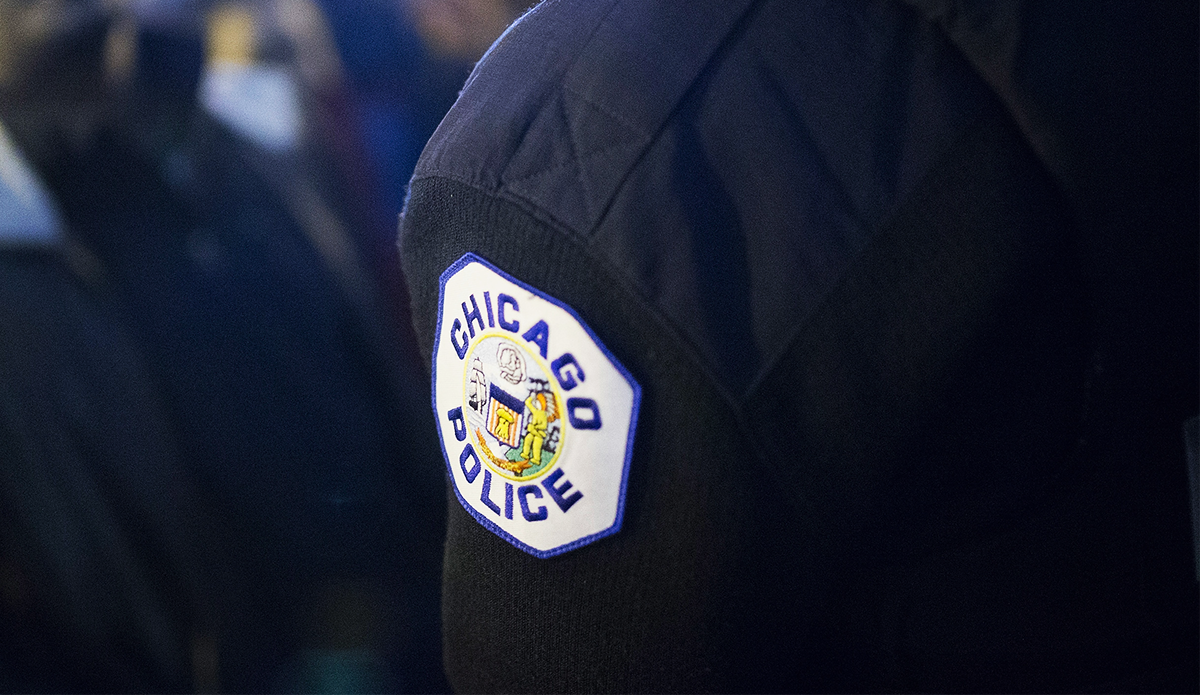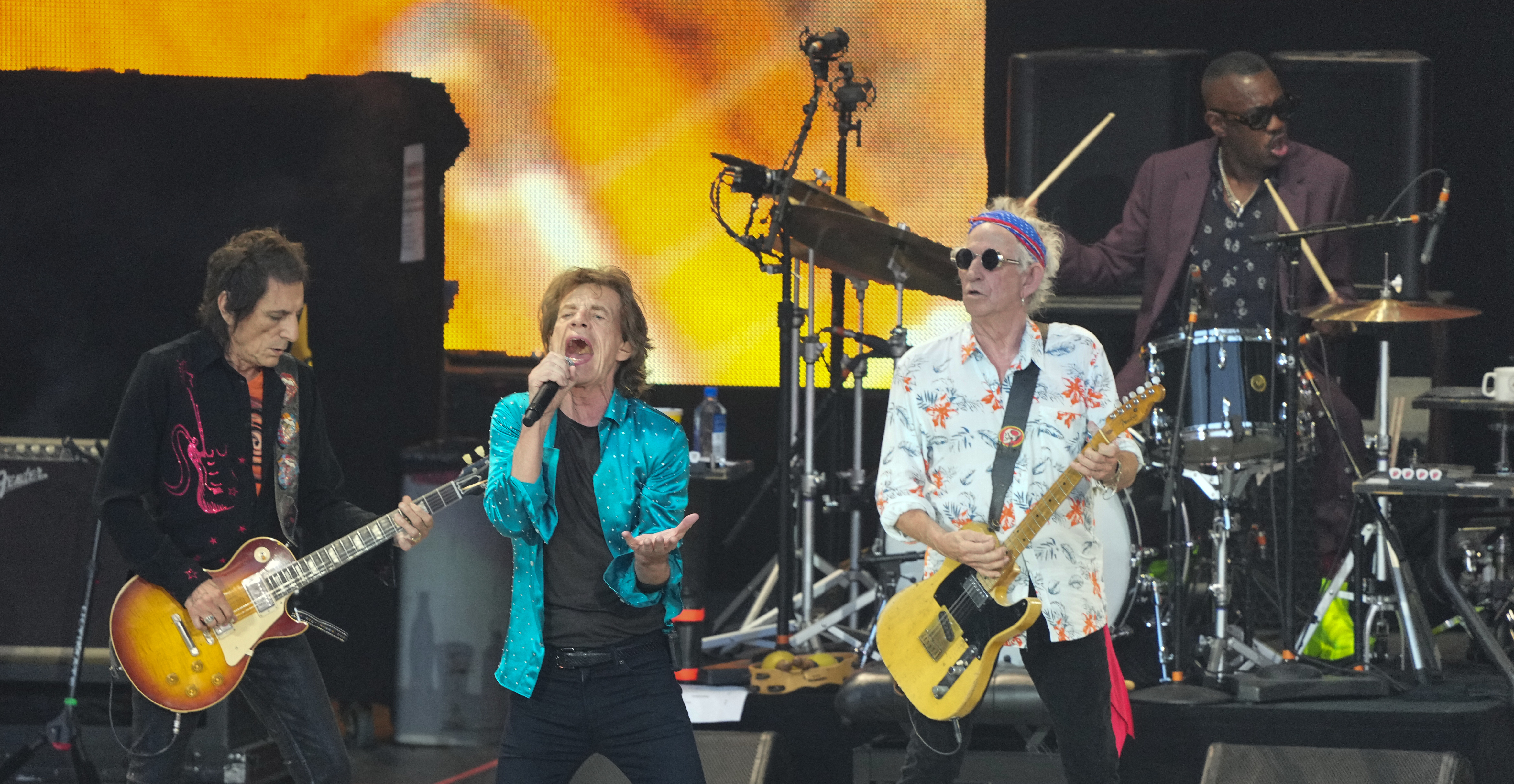Are Chicago-area health officials bracing for another fall or winter COVID surge? Chicago's top doctor said she's watching one thing in the coming months that could lead to a potential shift.
In each of the last two winters, COVID cases and hospitalizations have dramatically spiked in the state of Illinois, with last winter seeing the switch from the delta variant to the more contagious omicron variant that has since spawned even more contagious subvariants now making up a majority of cases.
Chicago Department of Public Health Commissioner Dr. Allison Arwady warned Thursday that if uptake on a new booster vaccine designed to target the omicron strain specifically is slow, then the city could potentially face a third consecutive year of surging cases.
Arwady pointed to the trends of the last two years when discussing the city’s preparations for the fall and winter, and she says changes in mitigating habits on the part of residents could potentially pave the way for another increase in cases later this year.
Feeling out of the loop? We'll catch you up on the Chicago news you need to know. Sign up for the weekly Chicago Catch-Up newsletter here.
“In both of the last two winters we’ve had notable COVID surges during respiratory virus season,” she said. “We also as people have relaxed against COVID, and there’s less mask wearing broadly.”
In the fall of 2020, COVID cases spiked to record-levels, with hospitals pushed to their breaking point by the influx of new cases through late November.
In 2021, things were even worse thanks to the onset of the omicron variant of COVID, with Illinois averaging nearly 33,000 new cases of coronavirus per day during the worse surge of the pandemic.
News
This year, officials are hoping that new treatment options and vaccinations will help prevent a similar surge. The FDA and CDC have both authorized new COVID vaccine boosters that were specifically formulated to fight back against omicron variants of the disease, and the wide availability of antivirals like Paxlovid have also given doctors hope that any increases in cases could potentially be turned back.
Arwady says that the key is for residents to sign up for COVID boosters as soon as the new omicron-specific vaccines become available.
“The thing I worry about isn’t about whether a surge comes with omicron, but if we don’t get a lot of uptake of the updated vaccine, and we continue to see a lot of mutation, and we have a variant emerge that is really different from anything we’ve seen previously,” she said. “That’s what happened last December and January.”
According to IDPH data, 4.75 million COVID booster doses have been administered so far to Illinois residents, and Arwady had a simple message for those residents who would consider waiting to receive the shot until later in the year.
“Get it now. Don’t wait until a surge happens later,” she said.
Arwady said that it is possible that a new booster shot, formulated to target the variants that were prevalent in previous years, could be the new norm for COVID, and said that the omicron-specific shot this year gives the city and state a “great opportunity” to stem the tide on any potential surges in the coming seasons.



